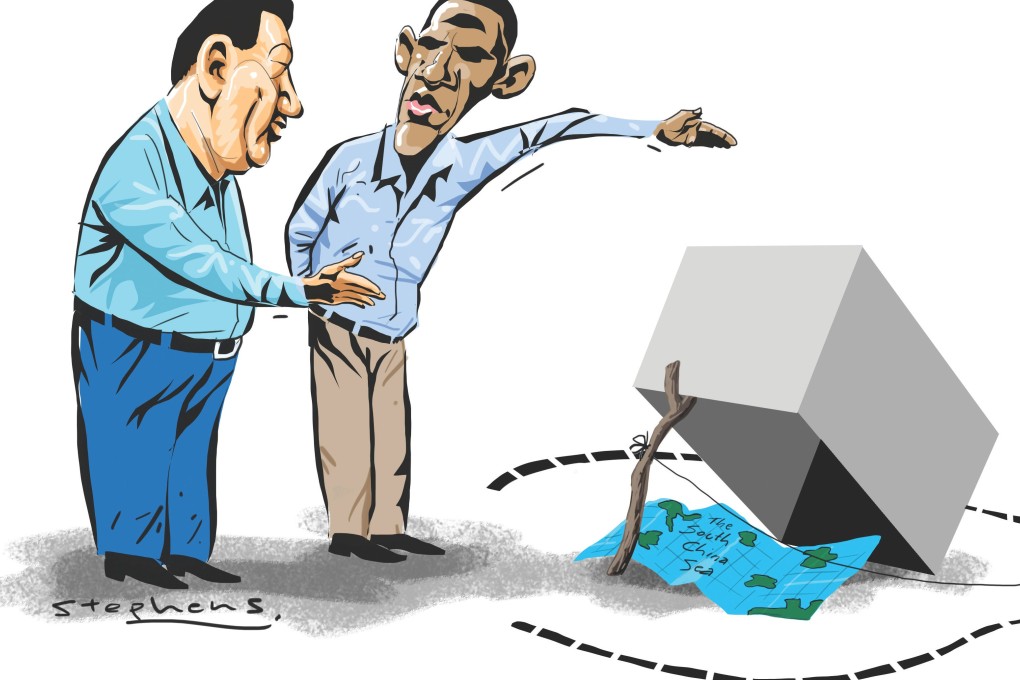Crossed wires between China and the US raise risk of war
Lanxin Xiang says Beijing and Washington cannot go on misreading each other if war is to be averted

A US-China war over the South China Sea was, just a few years ago, dismissed as being absurd. Today, however, such a scenario can no longer be laughed away. The old cliché was that only three issues could trigger a Sino-US war - Taiwan, Taiwan and Taiwan. That danger is still there, but it's on the back burner now. Meanwhile, the maritime dispute has thrust itself to the fore and each player is under pressure to throw down the gauntlet.
We miss the good old days of tacit understanding between the US and China, and the Richard Nixon-Henry Kissinger era of "strategic ambiguity", which actually helped sustain peace based on tacit understanding of each other's objectives.
Today, the real danger in US-China rivalry is no longer whether the two countries trust each other strategically, but rather in the constant misreading of each other's signals. A military clash could be triggered if this persists.
Is war between Washington and Beijing inevitable, or probable but avoidable? If it's considered inevitable, the only choice for both governments has to be to beef up military preparations. If it's the latter, then both sides must identify the roots of the problem. Managing the intense and potentially violent competition between entrenched leaders and upstart rivals is a hot topic in policy circles. The contest is usually cast as the Thucydides trap, which posits that a rising power will inevitably challenge the incumbent power, usually through military means.
An ambitious rising state will improve its position in the following ways: by territorial acquisition; expansion of its spheres of influence; or, revision of the norms and rules written or enforced by the reigning power.
Until recently, mainstream American policy elite were still unsure about the validity of this thesis, but the consensus in Washington is now tilting towards containment and confrontation. This, they claim, has been caused mainly by China's assertive behaviour in the South China Sea. A Thucydides trap has been sprung and the clouds of war are gathering.